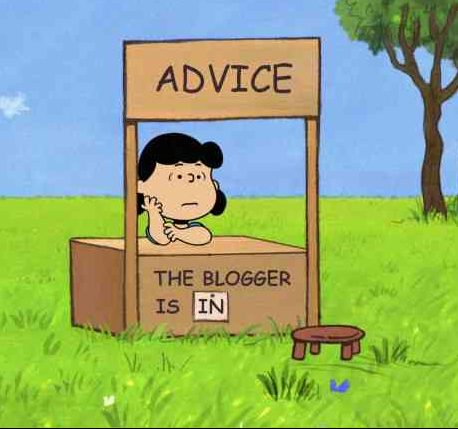10 Helpful Tips to Boost Your Writing Productivity
Today’s post is by Kevin McNamara.
It’s common knowledge that in our age we face an overwhelming amount of information every day—and while it’s extremely stressful and distracting, it’s holding us back from being productive. But don’t worry, this tendency affects everyone in the world, including us writers (possibly with the exception of some Buddhist monks who can easily zone out when needed).
There are various books about boosting your working productivity and stress resistance—you should definitely give them a read, but this short list will save you some time until you do.
Hopefully, these tips can be of help to young and aspiring authors, as well as our experienced and established colleagues.
- Look out for good advice
Evidently, many writers dismiss posts on boosting productivity by default. They tend to think of those posts as unoriginal and trivial, but even if the advice that you stumble upon does not seem all that original to you, it might be still useful to consider it.
- Spend some time organizing your work environment
It is impossible to overestimate the importance of a comfortable, work-friendly environment. You should probably experiment first to see what works and what doesn’t before you decide on a perfect setup for yourself. It can be a specially equipped corner at your place or a favorite coffee shop.
It’ll get boring to be in one place all the time, so you might consider switching it up—how about different places for every day of the week? Make yourself comfortable. For example, some people I know prefer a standing desk or have ”special writing clothes” they wear to get in the zone. Some prefer to write in complete silence; others are not able to come up with a single sentence without having music in the background. I often find myself listening to ambient music videos.
Find what’s perfect for you and you’ll be unstoppable.
- Do your homework beforehand
When planning to write an article or post, do some research on the topic before jumping into writing.
Always have your sources on hand to avoid wasting valuable time and distracting yourself from a creative process.
- Start your day with an exercise
Even though some writers are not all that sporty, doing some exercise never harmed anybody. Spend ten minutes or so doing some simple physical activity, such as push-ups, sit-ups, maybe stretch a little. It will help you get ready for work and keep you from procrastinating. A little bit of sport will also help you to write for a long time without stopping to stretch your back.
- Don’t ever stop
If you are suffering from writer’s block from time to time, when you simply have no idea how to start, let alone write an entire scene, just put it off for a few minutes, but don’t procrastinate.
Instead, try to sketch thoughts that come across your mind. Think about something related to the subject you’re writing about. That usually helps. My most creative thoughts come to me when I’m washing dishes, so if you have a sink full of them, maybe try to follow my example.
- Cut off distractions
It can be a good idea to switch off notifications on your phone and close all your social networks tabs in your browser while you are in the middle of writing. There are browser extensions that temporarily block them. You might also consider getting yourself an extra laptop with no online connection, to use exclusively for writing and editing—if that’s not too extreme for you.
- Control your inner editor
While aiming for perfection is always a good thing, you should remember that writing and editing are different activities. When you are writing, focus on catching your initial thoughts and don’t get distracted by polishing them just yet. You’ll have time to do it later. If you’re not limited with time, it can be a good idea to edit your text the next day, when you have a completely fresh outlook on it. But don’t take too long.
- Avoid exhausting yourself
Don’t stress yourself. A stressed writer is not a good writer. Take breaks every now and then. Some experts suggest taking breaks every twenty-five to thirty minutes, but you should be able to tell when your eyes or mind are getting tired and need to relax a bit.
- Reward yourself
After finishing any type of work, give yourself a little reward. It can be anything—starting with your favorite food or watching a short TV show episode. This will help you stay motivated and feel happy.
- Always be ready
Inspiration can strike you in the most unexpected places. So, wherever you are—buying groceries or waiting for a bus, walking down the street or getting ready to sleep—be ready to write down your newest brilliant ideas. There are Smartphone apps that come in handy, but a notebook is much classier, in my opinion.
These are the tips that may help you boost your productivity while writing. They won’t be the solution to every problem, nor will they instantly make you a writer extraordinaire, but these helpful tips should come in handy when you’re feeling unproductive.
Please share you tips & tricks on productivity in the comments. What is your #1 tip for boosting your productivity?
 Kevin McNamara is a Sacramento-based freelance writer and lifestyle blogger. You can connect with Kevin on Facebook and Twitter.
Kevin McNamara is a Sacramento-based freelance writer and lifestyle blogger. You can connect with Kevin on Facebook and Twitter.











